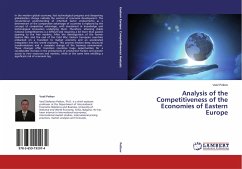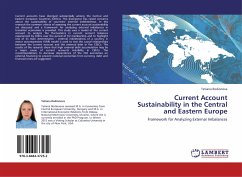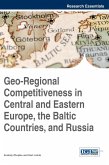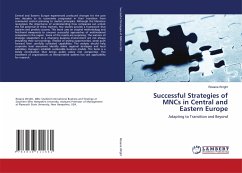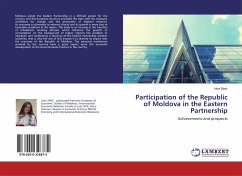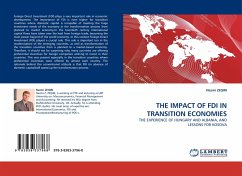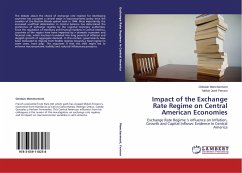In the modern global economy, fast technological progress and deepening globalization change radically the context of economic development. The conventional understanding of inherited factor endowments as a determinant of the comparative advantage of countries is replaced by the concept of competitive advantage, with investment in knowledge and technological innovation underlying them. Therefore, attaining stable national competitiveness is a difficult task requiring a lot more than passive opening to the free markets. After the disintegration of the former Eastern Bloc and the end of the Cold War, Eastern European countries embarked on a transition to market economy and an accelerated integration into the world economy. This process involves deep structural transformations and a complete change of the business environment. These changes offer transition countries huge opportunities for a considerable increase in the productivity of production factors and greater access to new resources and markets, while at the same time entailing a significant risk of economic lag.

